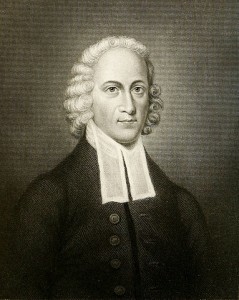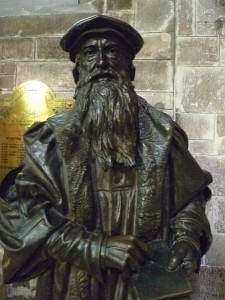85 Years Ago Today: J.R.R. Tolkien Convinces C.S. Lewis That Christ Is the True Myth
On an early Sunday morning, September 20, 1931, three thirtysomething English professors took a walk together on Addison’s Walk in the grounds of Magdalen College at the University of Oxford:
32-year-old C.S. Lewis (Fellow and Tutor of English Literature at Magdalen College, Oxford),
39-year-old J.R.R. Tolkien (Rawlinson and Bosworth Professor of Anglo-Saxon at Oxford), and
35-year-old Hugo Dyson (Tutor and Lecturer at Reading University).
Their time together had begun the night before at dinne..









